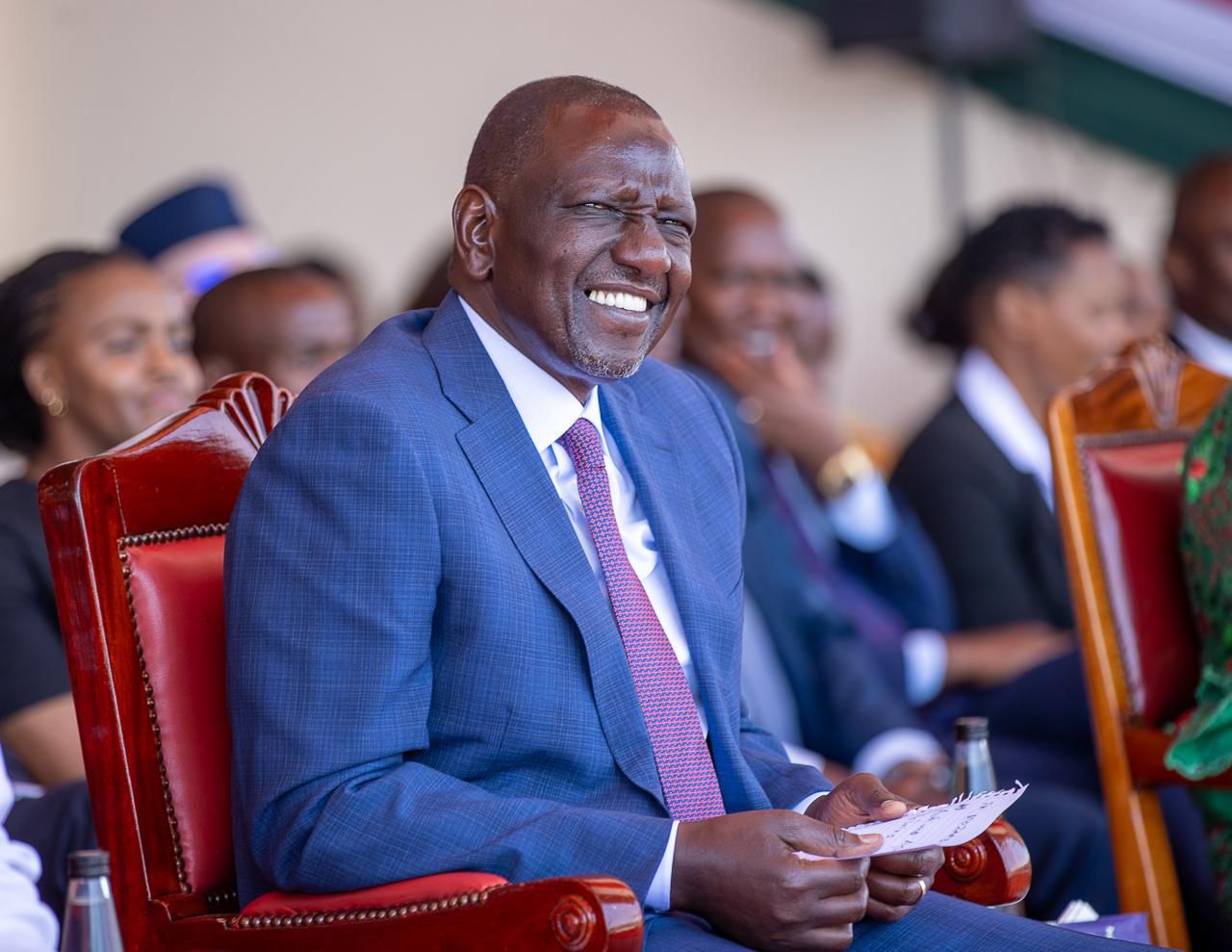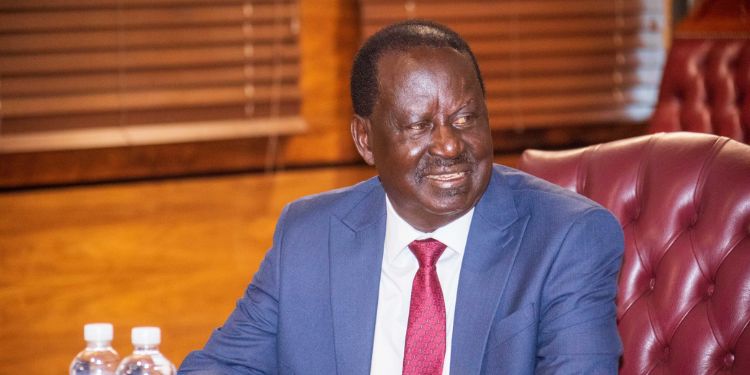Kenya will soon launch the ‘Kenya Token’, a new digital token that will strengthen the government’s financial system and support economic growth.
The announcement was made by former Prime Minister Raila Odinga on Thursday, September 18.
Odinga explained that the token will run on the Solana blockchain, describing it as a transformative move to strengthen financial systems, boost economic growth.
Additionally, he noted that the cryptocurrency will position the country as a leader in Africa’s digital economy.
As the former Prime Minister of the Republic of Kenya, I am proud to announce that we will soon launch a new digital coin, an ambitious step towards strengthening financial systems and supporting sustainable economic growth across Kenya, Africa, and the rest of the world.
Kenya is ready to embrace the future. The Kenya Token will position our nation at the forefront of Africa’s crypto revolution.
However, further details on the rollout are expected in the coming weeks.
Also Read: Cryptocurrency Platform Luno Resumes Operations in Kenya
Raila Explains Why Kenya Needs the Token
Further, Rails added that the initiative is aimed at empowering young people, who are increasingly engaging with digital platforms.
According to him, the token will create learning, trading and investment opportunities.
Also, he said that it will enable the youth to be more innovating and create wealth.
“This initiative will empower young people who are creating opportunities to learn, trade, or invest in cryptocurrency.
“It would also boost innovation, entrepreneurship, and wealth creation with a growing digital economy,” he added.
Full details of the rollout, regulatory frameworks, and adoption strategy are yet to be released.
Also Read: Why More Kenyans Back Ruto, Raila Deal
How are Cryptos Taxed in Kenya?
Kenya revised how it taxes digital assets in July 2025, scrapping the controversial 3% Digital Asset Tax that had been in place since 2023.
The levy applied to the gross value of every cryptocurrency transaction, including sales made at a loss and even transfers between personal wallets.
For instance, a trader selling Bitcoin worth Ksh1 million was required to pay Ksh30,000 in tax, regardless of profit or loss.
Effective July 1, 2025, the government introduced a new framework where a 10% excise duty on fees charged by Virtual Asset Service Providers (VASPs) such as exchanges and wallets.
This means taxation now applies only to the service fees collected by platforms rather than the full transaction value.
The Kenya Revenue Authority (KRA) noted that the change was designed to make the tax regime fairer while still capturing revenue from the fast-growing crypto sector.
Follow our WhatsApp Channel and X Account for real-time news updates.
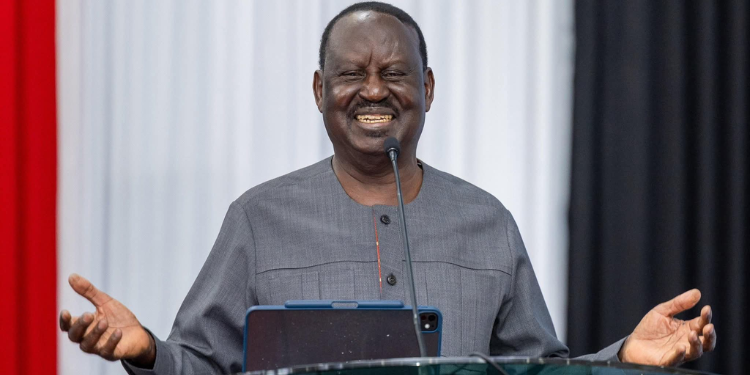

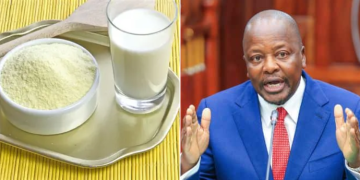

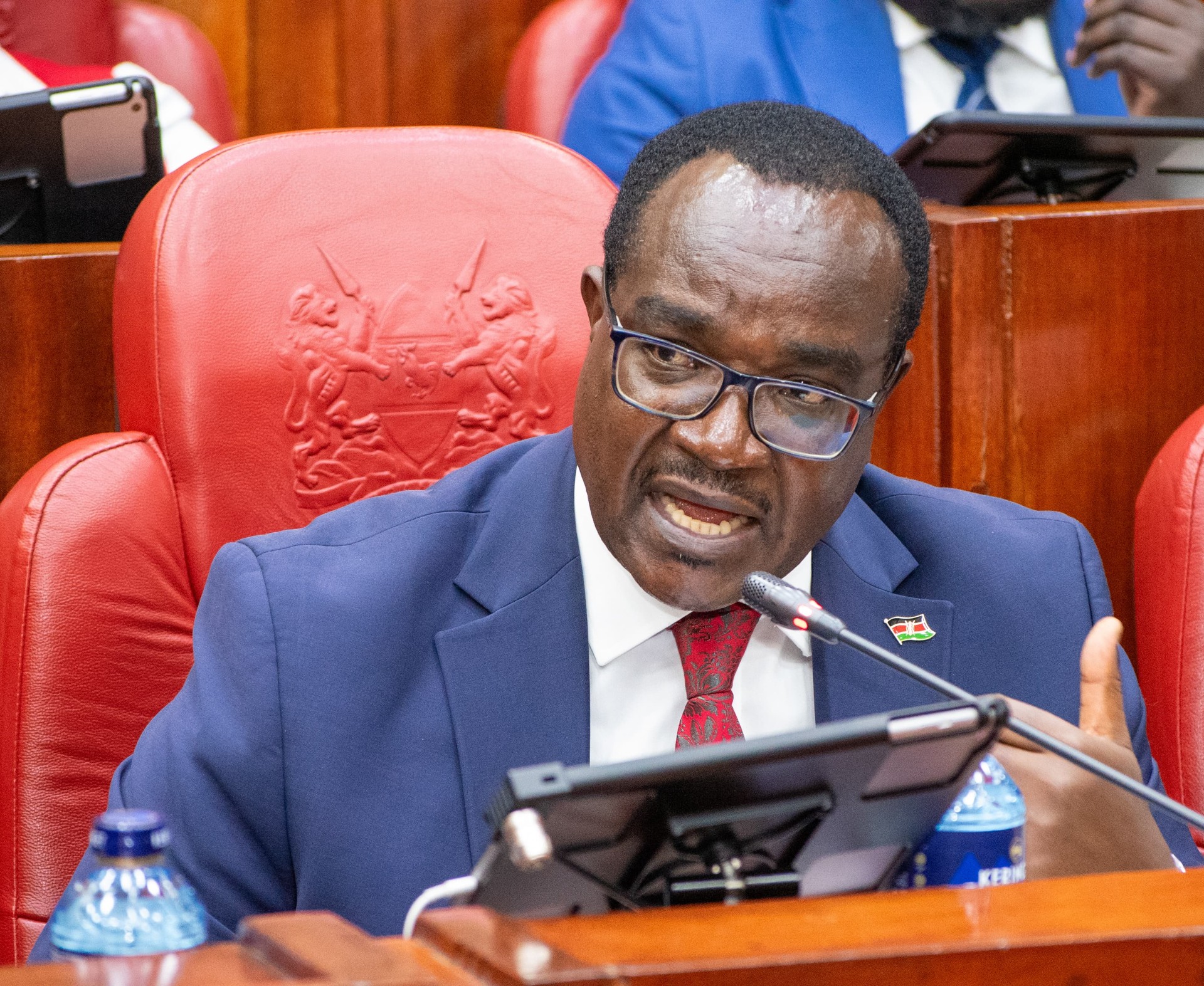


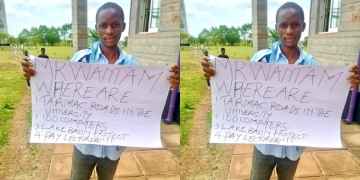














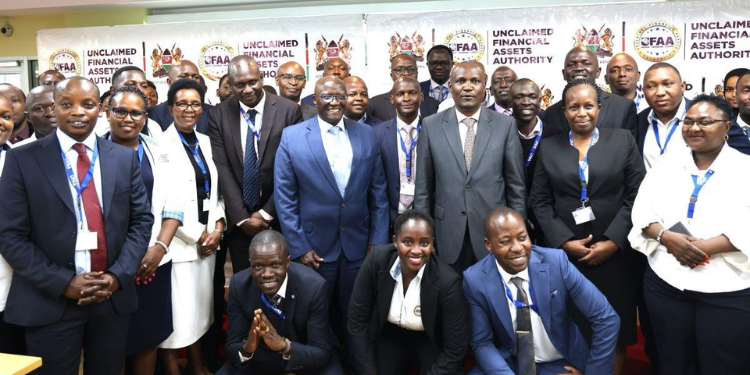
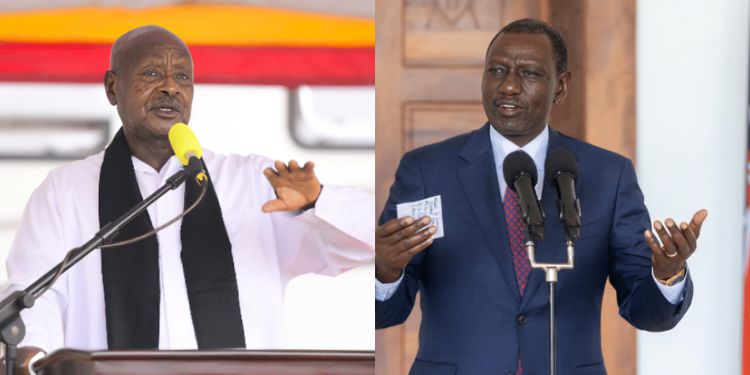

























![Senator Allan Chesang And Chanelle Kittony Wed In A Colourful Ceremony [Photos] Trans Nzoia Senator Allan Chesang With Channelle Kittony/Oscar Sudi]( https://thekenyatimescdn-ese7d3e7ghdnbfa9.z01.azurefd.net/prodimages/uploads/2025/11/Trans-Nzoia-Senator-Allan-Chesang-with-Channelle-KittonyOscar-Sudi-360x180.png)


















